
Sexually exploited minors are often arrested on prostitution charges and put behind bars. But in one LAPD unit, officers are trained to recognize exploited teens and put them in touch with social services, instead of juvenile court.

Sexually exploited minors are often arrested on prostitution charges and put behind bars. But in one LAPD unit, officers are trained to recognize exploited teens and put them in touch with social services, instead of juvenile court.
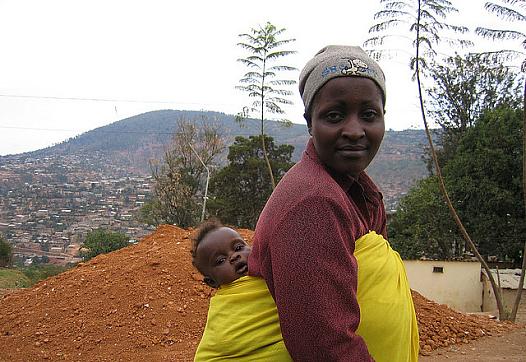
When it comes to lowering high infant mortality rates, Rwanda has become an encouraging if unexpected example of what can be done with "big data made small."

Washington state health officials say they’ll start telling families who’ve lost babies to a devastating birth-defects cluster about genetic studies aimed at decoding possible causes.
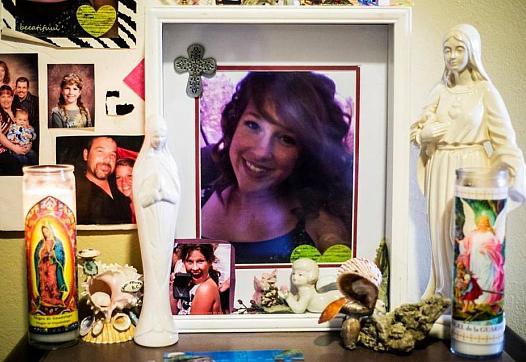
For her three-part series on the health effects of rising violent crime in Merced County, reporter Ana Ibarra interviewed victims and family members struggling with pain and raw emotion. Here she shares a few of the reporting lessons she learned along the way.
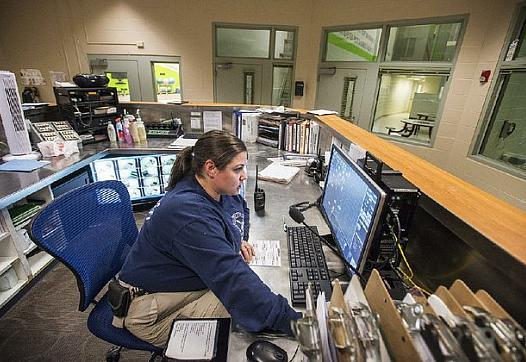
Every year, thousands of kids appear before Arkansas judges, having broke laws that apply only to children. The courts are expected to treat them differently from children who commit adult crimes. Yet hundreds of these kids end up in the same lockups as those who've raped, robbed and murdered.
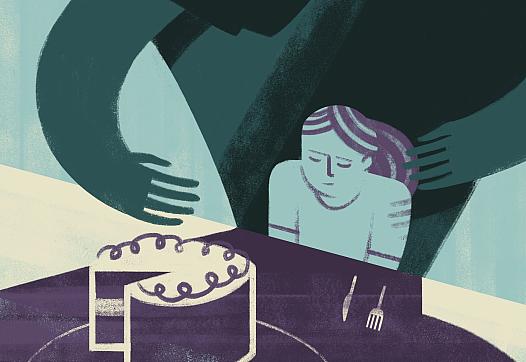
Victims of childhood sexual abuse are far more likely to become obese adults. New research shows that early trauma is so damaging that it can disrupt a person’s entire psychology and metabolism.

Washington state Medicaid officials are changing the rule for coverage of vitamins that contain folic acid — a change that may reduce the risk of birth defects like those seen in an ongoing cluster in Central Washington.
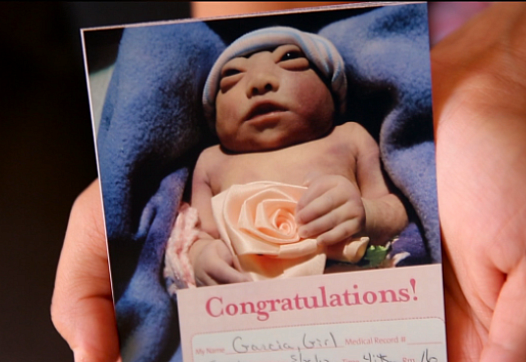
Washington is among 33 states that don’t have active birth-defects surveillance systems to track problems. It took an astute nurse to raise warnings about a cluster of rare and fatal defects in Central Washington.
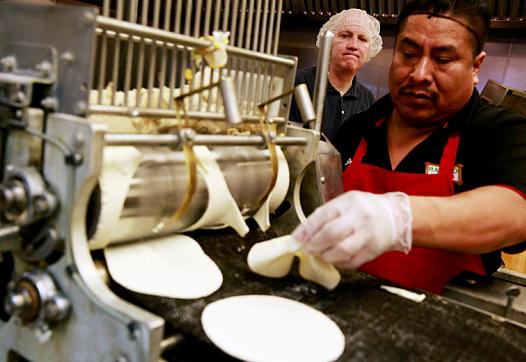
The Food and Drug Administration will review a long-delayed petition calling for the voluntary addition of folic acid to corn masa to prevent neural-tube defects such as those seen in Washington’s cluster.

Parents. Teachers. Psychologists. Psychiatrists. Pediatricians. Therapists. Social workers. Students. State leaders. Nonprofit executives. They had come to discuss the mental health of Southern Nevada’s children, seeking answers to the question of how the state can do better.